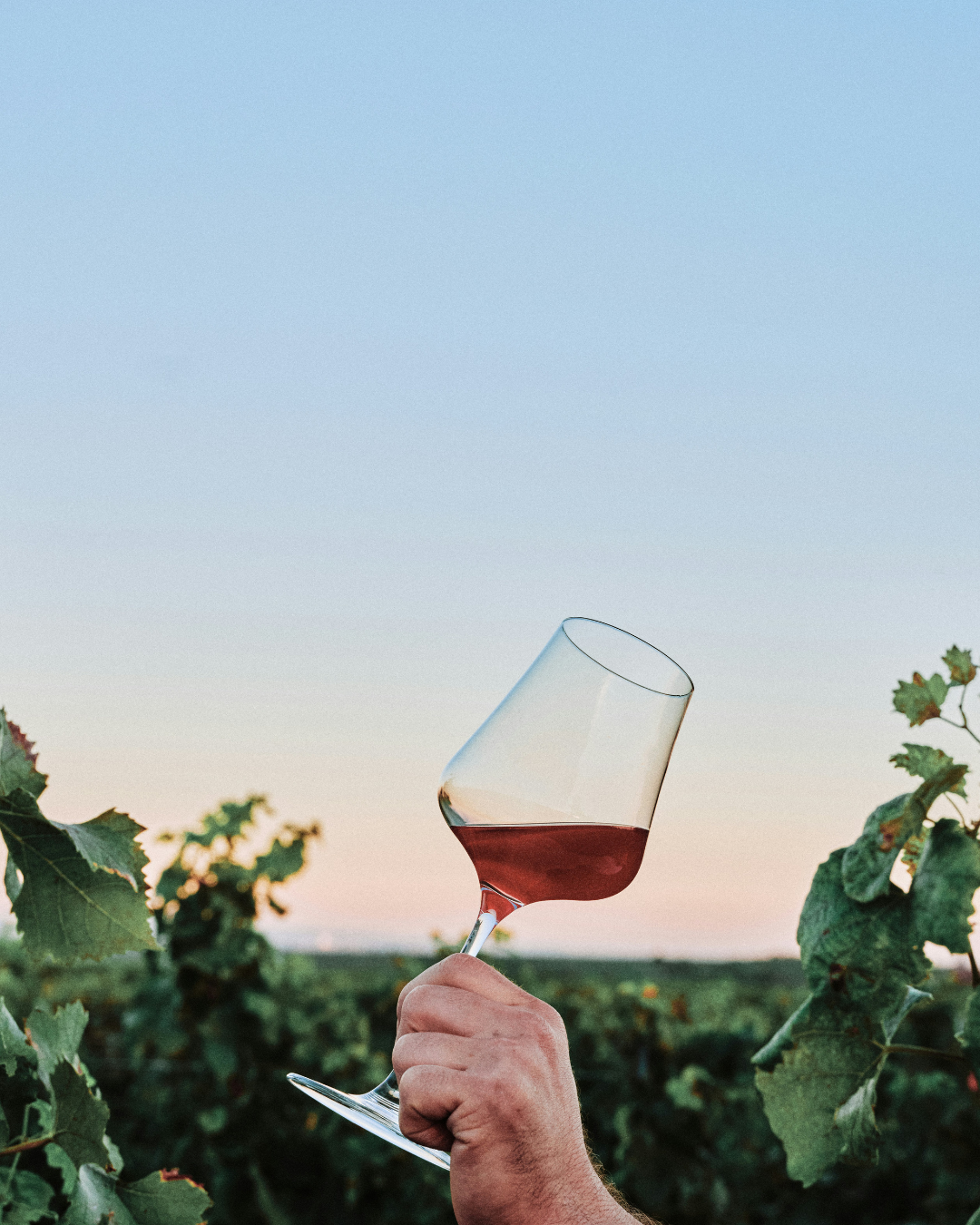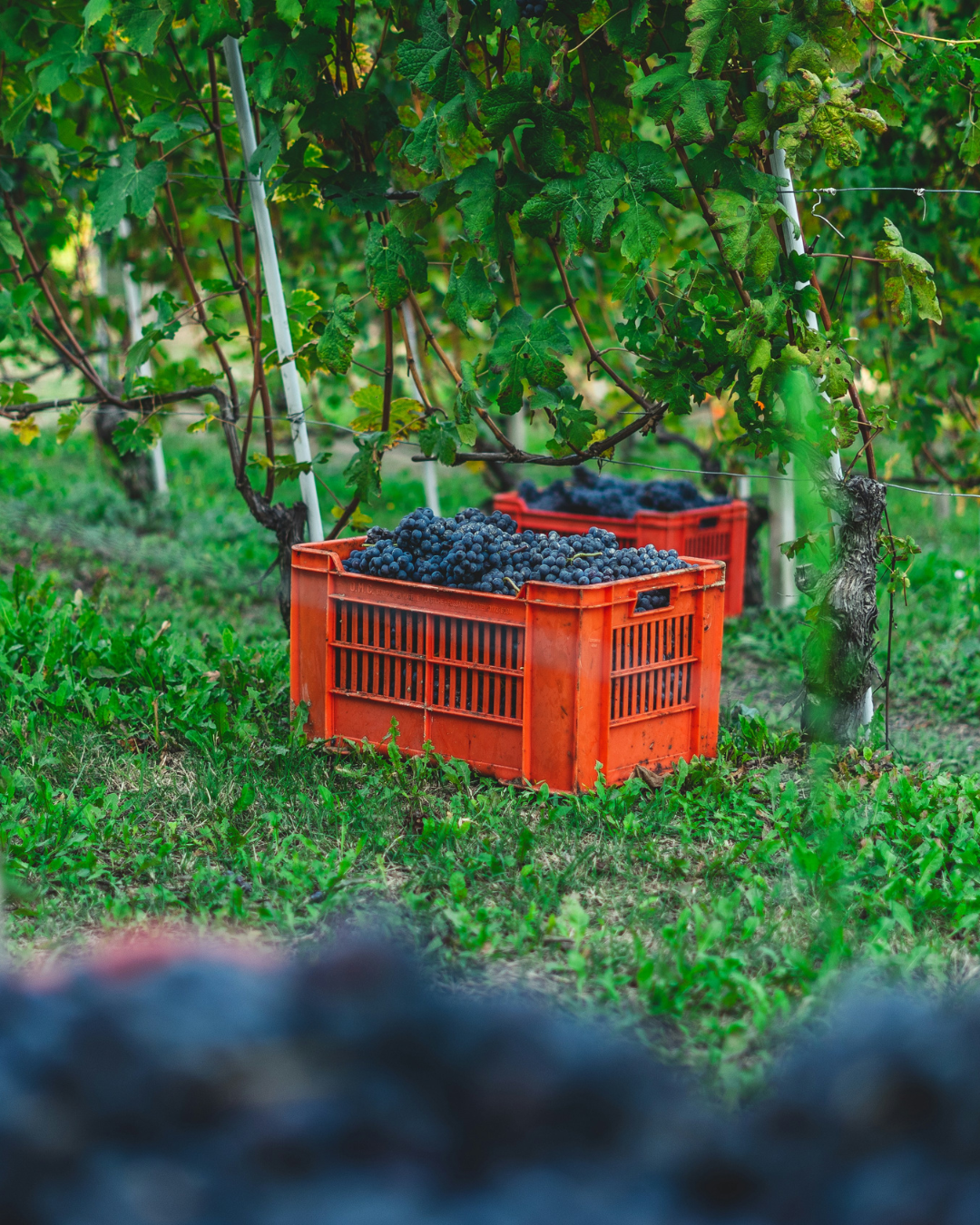
Can you really trust wine scores? What no one tells you
In the wine world, scores make or break reputations. A 99/100 from Robert Parker, and prices skyrocket. A 14/20 in a guide, and the wine might be forgotten. But do these ratings really guarantee quality, or are they just part of a market-driven game?
If you’ve ever hesitated over a wine score, unsure whether to trust it, here’s everything you need to know before putting your faith (or not) in wine critics.
📌 Why Do Wine Scores Have So Much Power?
A wine can be excellent… but a 100/100 wine becomes a trophy.
1️⃣ A High Score = A Price Explosion
The moment a wine receives 98 or 100/100, chaos ensues:
✔️ Speculators rush in, buying to resell at a higher price.
✔️ Allocations shrink, creating artificial scarcity.
✔️ Retailers hike prices, as demand surges.
👉 The result? Some wines become unattainable—even if they’re not objectively better than lower-rated bottles.
2️⃣ Some Critics Hold Enormous Influence
A single person’s opinion can make or break a wine’s reputation. The biggest names?
✔️ Robert Parker → His rating system revolutionized the market. A 100/100 Parker wine is instantly a collector’s item.
✔️ Wine Spectator, Decanter, Jancis Robinson → Key references for both connoisseurs and investors.
✔️ La Revue du Vin de France → Primarily influences the French market.
👉 If a wine is praised by these critics, it immediately becomes sought after.
📌 Can You Really Trust Wine Scores?
🔥 Why Scores Can Be Useful
✔️ They help identify outstanding wines → A 99/100 wine is very likely to be excellent.
✔️ They provide a reference across vintages → A 100/100 Château Margaux 2010 vs. an 89/100 2013? The difference is probably real.
✔️ They guide buyers through an overwhelming selection → With thousands of wines available, a score can be a helpful shortcut.
⚠️ The Limitations (and Pitfalls) of Wine Scores
❌ They favor a certain wine style → Critics often have personal preferences (e.g., Parker loves bold, oaky wines). A wine can be underrated just because it doesn’t match their taste.
❌ They’re influenced by trends → Biodynamic wines, natural wines, or powerful extractions—styles that rise in popularity often receive inflated scores.
❌ A poorly rated wine might shine under different conditions → Some wines need aging to reveal their full potential, yet they’re judged too early.
👉 Bottom line? Wine scores are a tool, but not an absolute truth.
📌 How to Use Wine Scores Wisely
1️⃣ Don’t Obsess Over the Exact Number
A 95/100 from one critic and a 92/100 from another doesn’t mean the first wine is better.
✔️ Check who gave the score → Parker, RVF, Decanter… each favors different styles.
✔️ Compare multiple sources → If a wine scores 97+ across the board, it's probably worth paying attention to.
2️⃣ Look for Consistency in a Winery
A producer with high ratings year after year is a good bet.
✔️ Example: Domaine de la Romanée-Conti, Château Latour → Always top-rated, so you know what to expect.
✔️ A winery with wildly fluctuating scores? → It might just be hype.
3️⃣ Trust Your Own Taste
A 100/100 ultra-oaky Bordeaux, but you dislike oak? Then it’s useless to you.
👉 The goal isn’t to buy the "perfect" wine—it’s to buy a wine YOU love.
📌 Should You Still Pay Attention to Wine Scores in 2024?
💡 Yes, but with perspective.
✅ They help understand the wine hierarchy.
✅ They highlight rising stars in winemaking.
✅ They affect pricing in rare wines, making them crucial for investing.
⚠️ But they shouldn’t dictate your personal preferences.
❌ A non-rated wine can be outstanding.
❌ A highly-rated wine might not suit your taste at all.
👉 Moral of the story? Wine scores are like movie reviews: they indicate a trend, but only you can decide if the experience is worth it.



Leave a comment
This site is protected by hCaptcha and the hCaptcha Privacy Policy and Terms of Service apply.